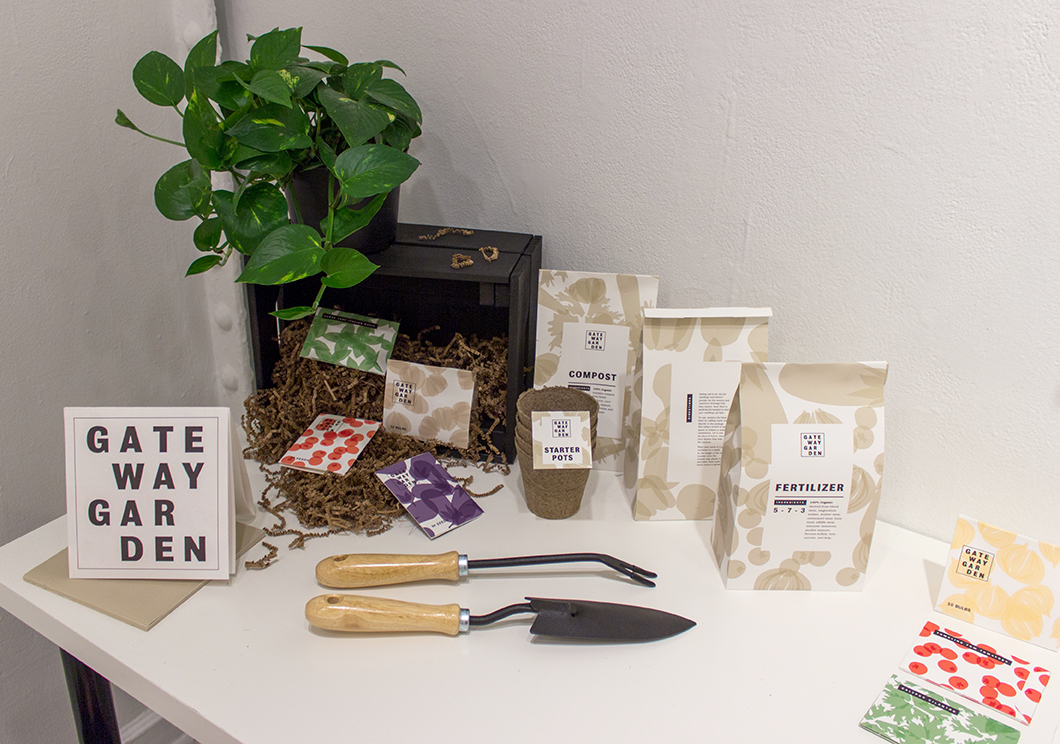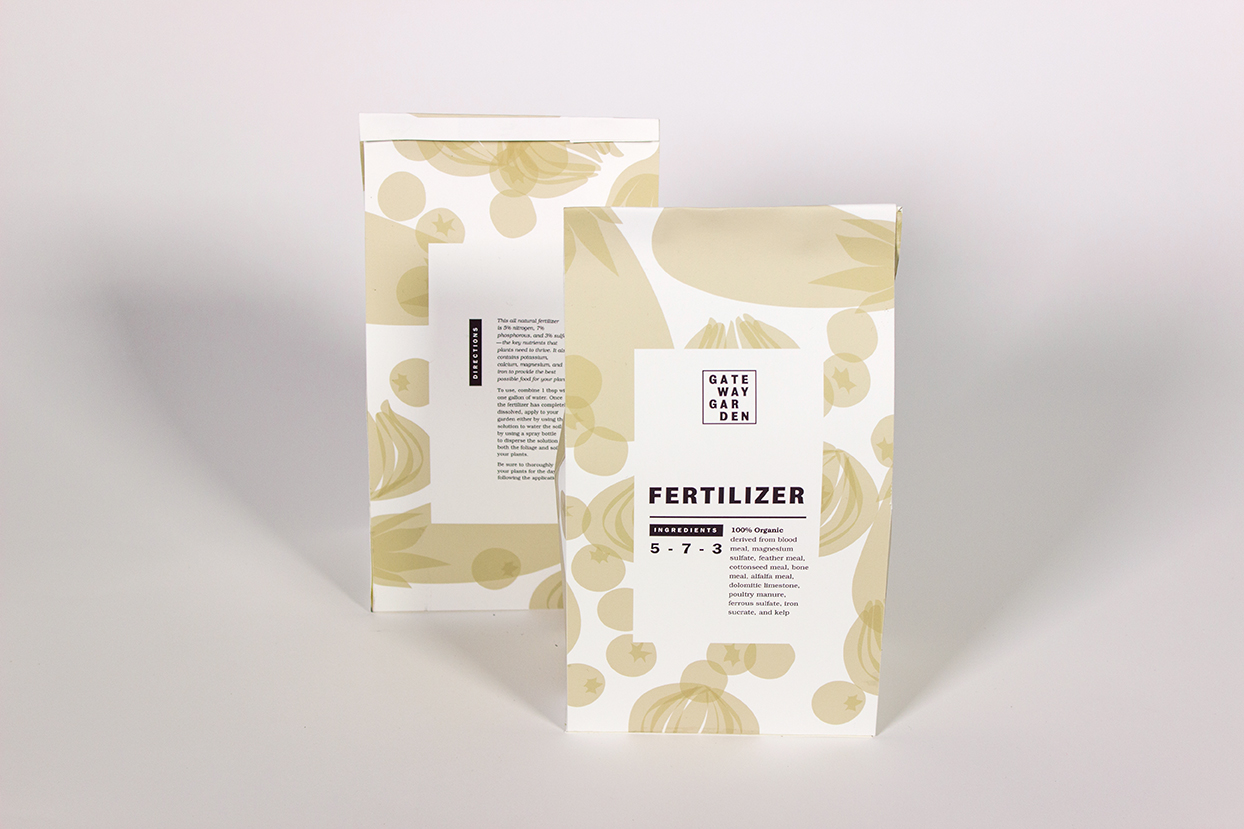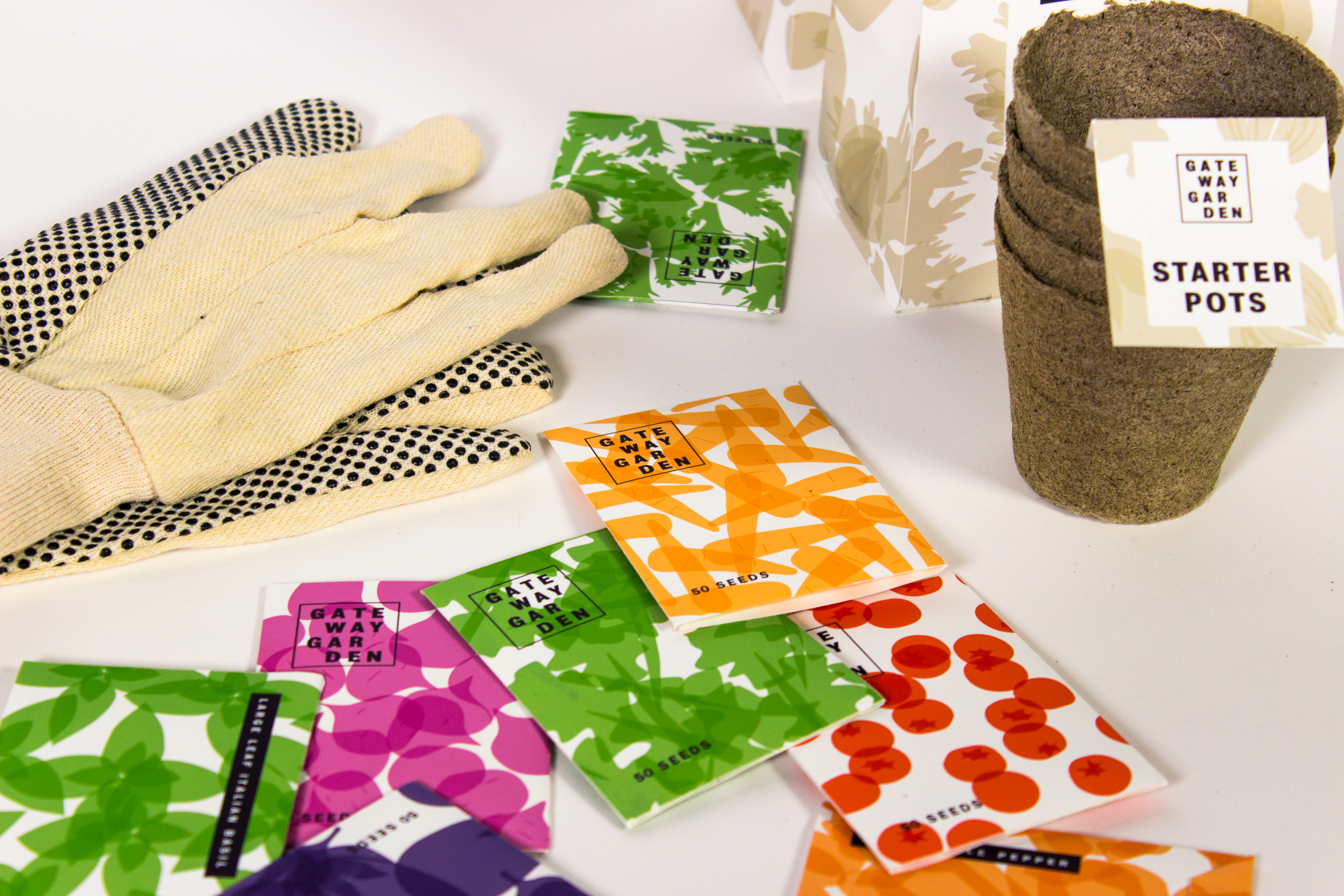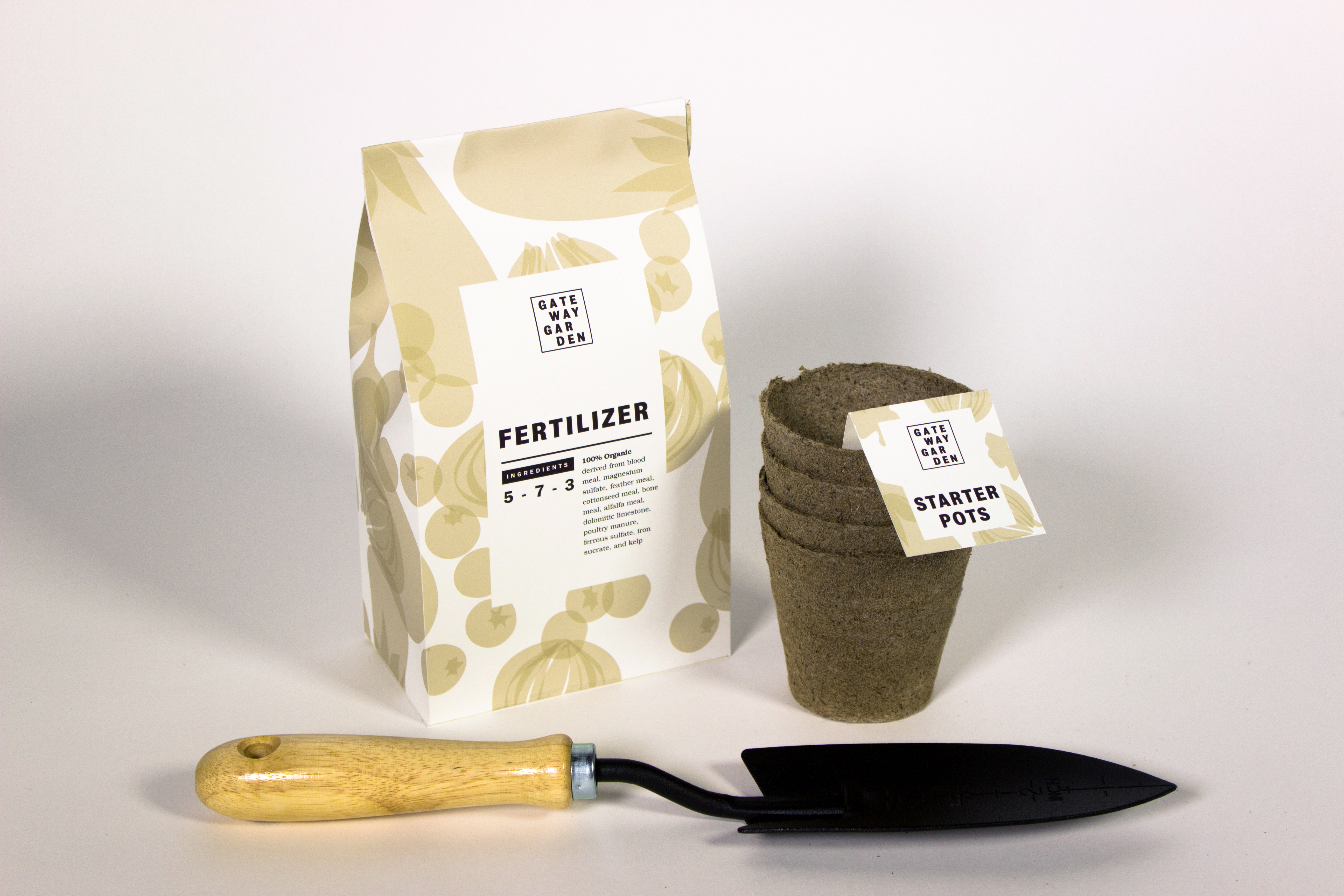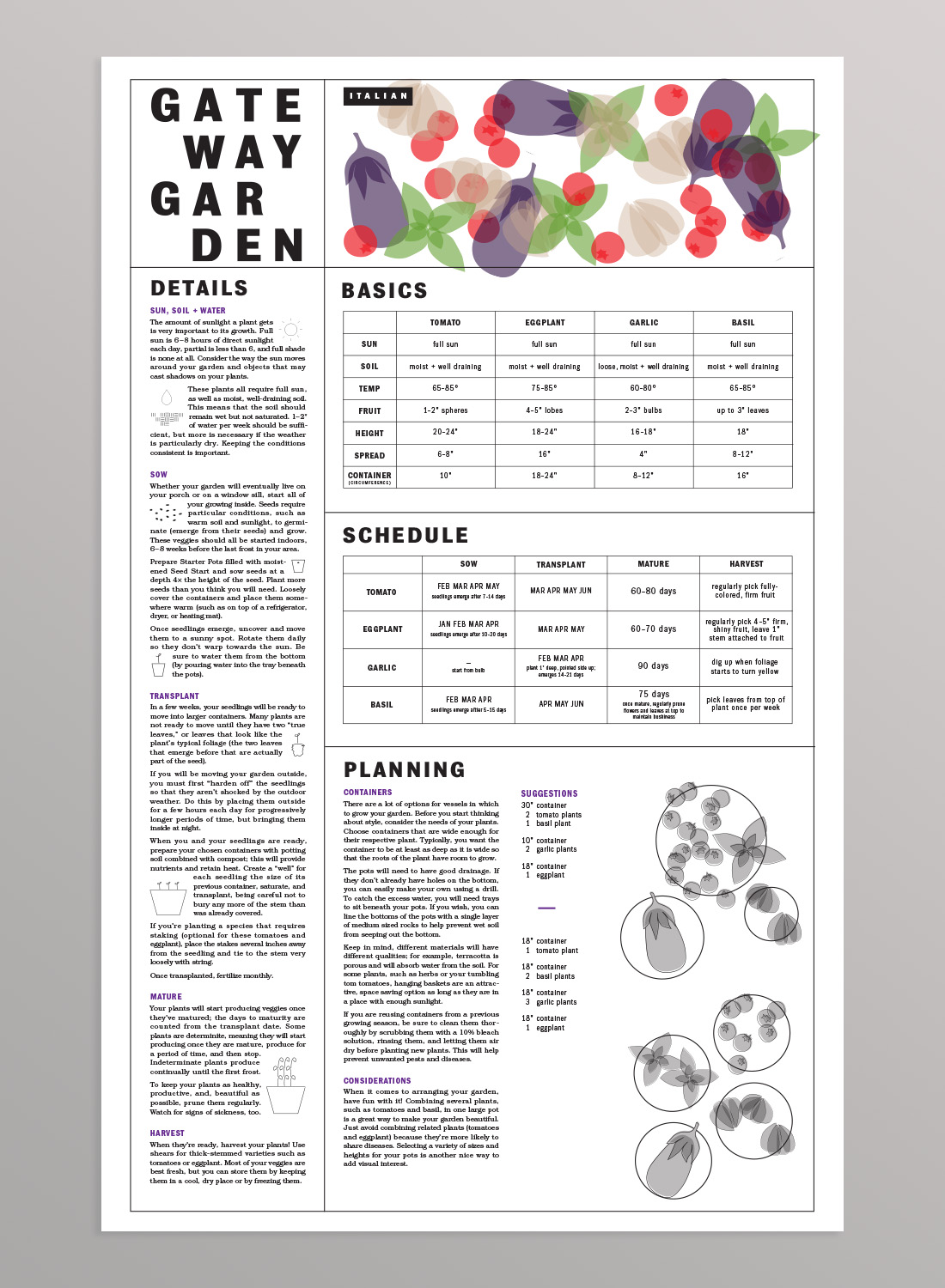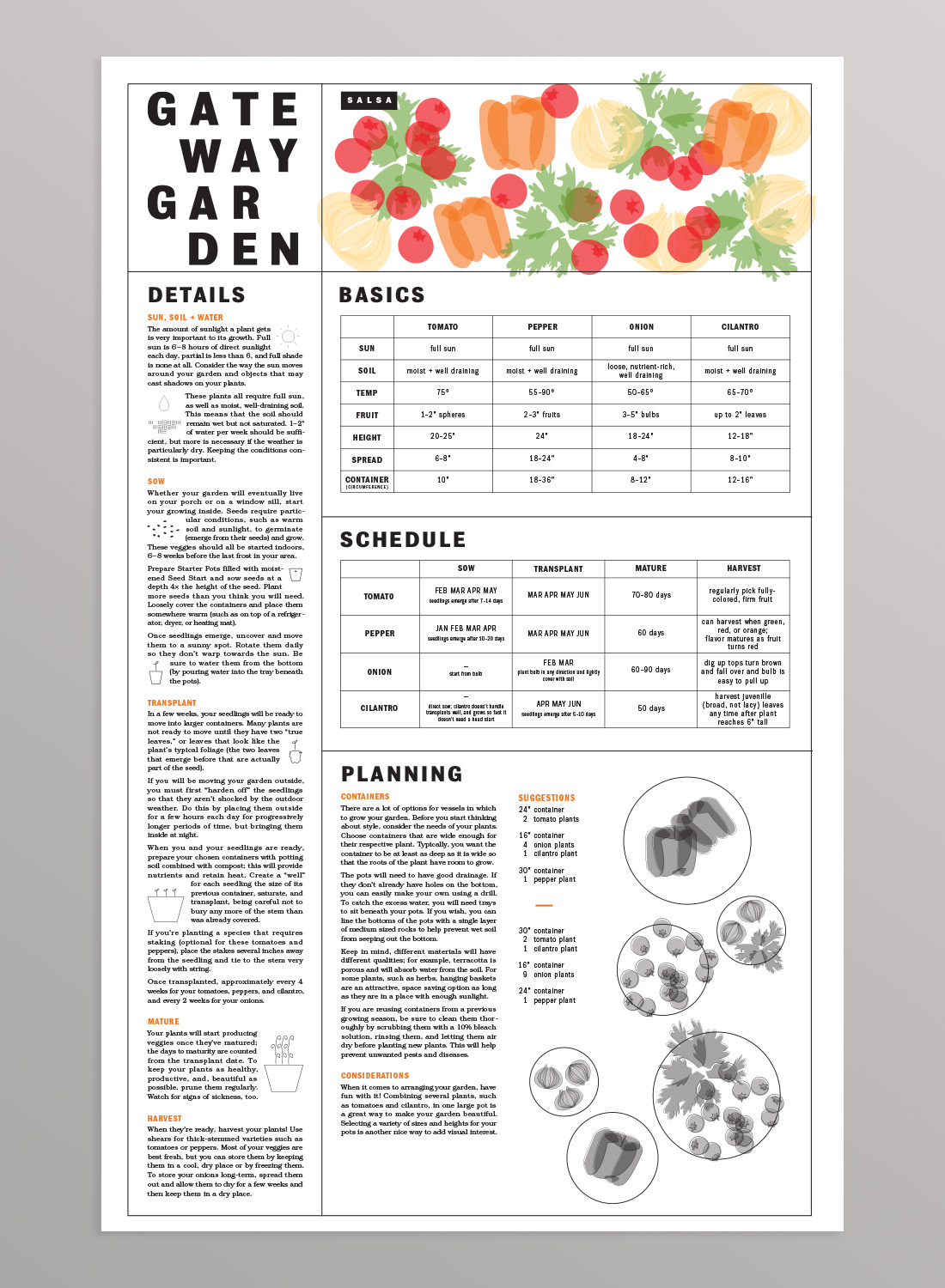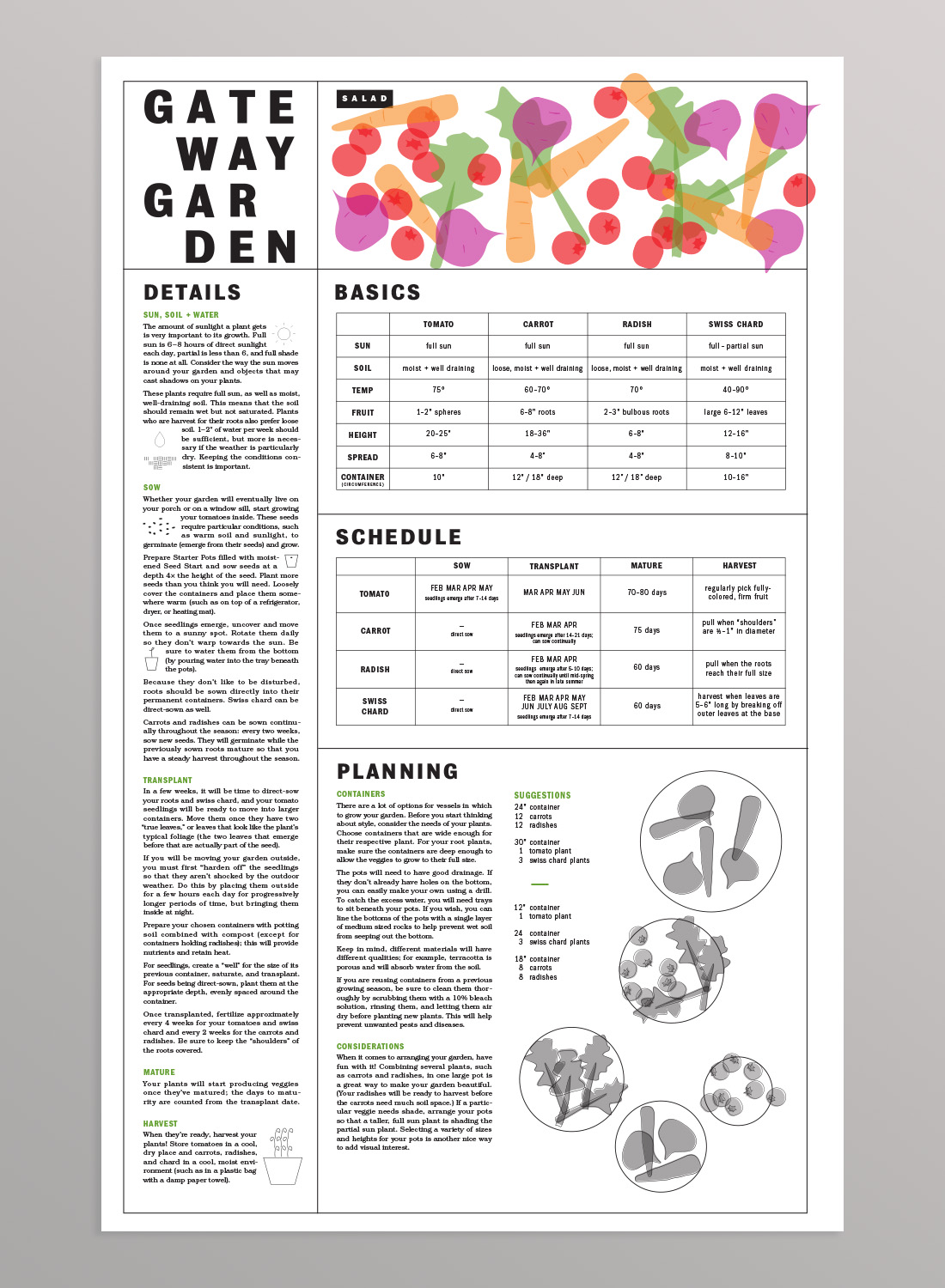Abstract
Vegetables are sexy.
On Instagram, in your market haul, in your meal delivery kit — it seems that everywhere we turn people are loving fresh produce. But are they growing it? The benefits of gardening are numerous, but it can be a daunting task. What if the friction points were lowered? Would more people start to dig in? (Pun intended.)
There’s a lot of good that can come from gardening as a household hobby: environmental awareness and personal health, to name two.
While the primary responsibility for human detriment to the environment lies with large-scale industry and the onus of alleviating it should not be placed on the individual consumer, I think an awareness of our collective choices is important . Knowing where our food comes from and how it impacts the environment is important. Home gardening begets more sustainable practices (efficient land use, fewer pesticides, less food waste) and encourages habits like lower meat consumption.
Gardening also has individualized perks, like the health benefits associated with eating more vegetables (and less meat), cooking food at home, and spending time outside.
Based on research into the human-environment and human-food relationships, Gateway Garden explores gardening as a mechanism for educating and empowering people with regards to the environmental and health impacts of their food choices.
